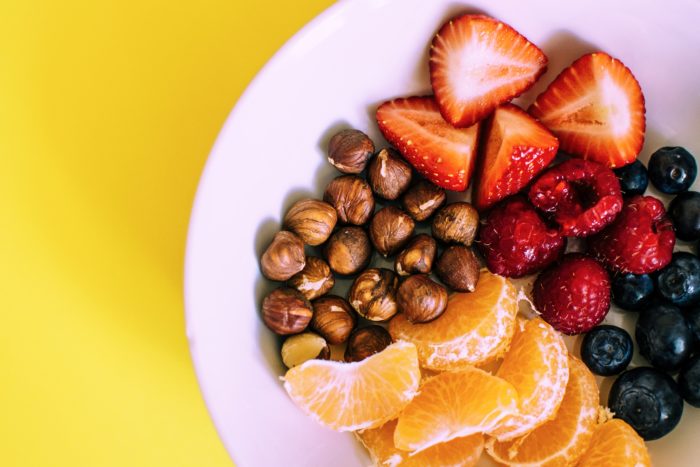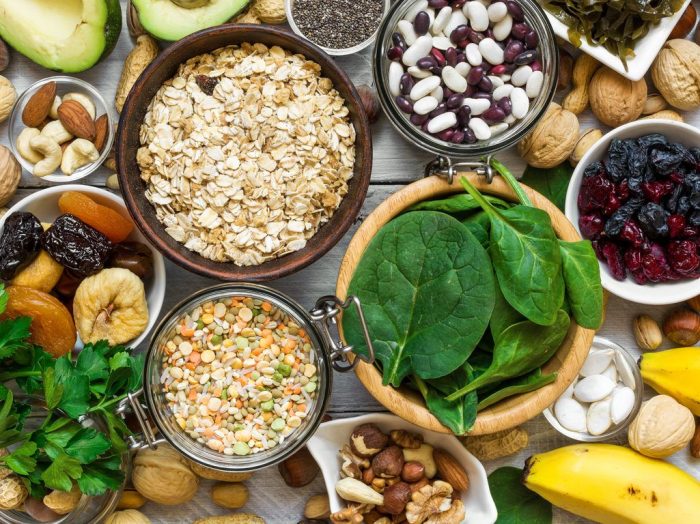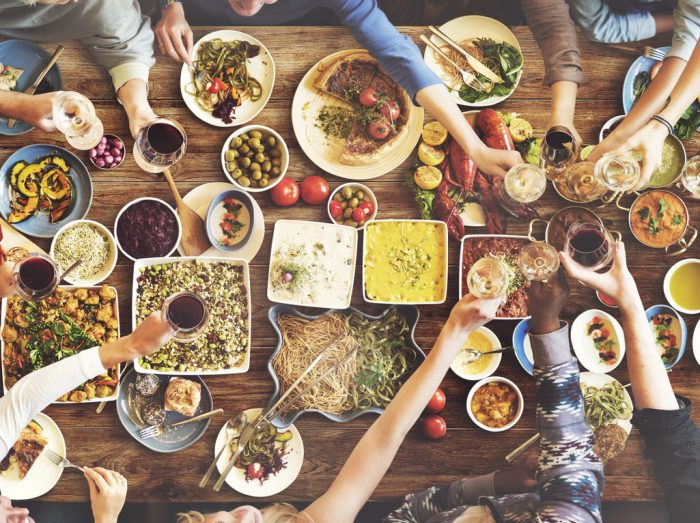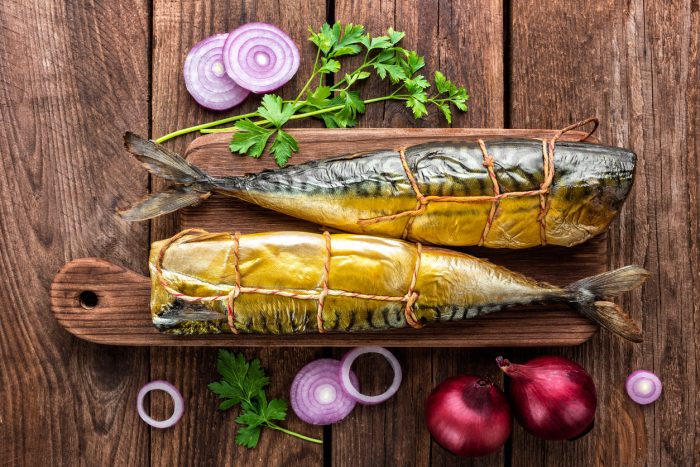A scientific journal has finally published a comprehensive list of foods to eat for a long and healthy life. We’re talking about the Journal of the American College of Cardiology that presented in its November issue the Ideal Dietary Patterns and Foods to Prevent Cardiovascular Disease: Beware of Their Anti-Inflammatory Potential.
The paper is largely a commentary based on other two large studies published in the same issue, but it has the great advantage of putting together these findings in an accessible way, for everybody to know, and cook, and eat.
Revolving mainly on the inflammatory or anti-inflammatory potential of the various foods, the paper goes deeper into explaining why some foods are bad and others are good for our cardiovascular system:
The anti-inflammatory potential of foods is attributable to their content in anti-inflammatory compounds (e.g., vitamins, carotenoids, polyphenols, fiber, and long-chain, omega-3 fatty acids). Most important among anti-inflammatory bioactives are polyphenols. They are classified in flavonoids and nonflavonoids. Many flavonoids, anthocyanins (present mainly in berries and wine), flavanols (catechins) present in cocoa and tea, and flavonols (quercetin) in onion, among others, have shown their anti-inflammatory properties. Nonflavonoids are extensively present in nature, in the form of phenolic acids, lignans, secoiridoids, stilbenes, and others.
But we have promised you a list of foods to eat for a long and healthy life, and here it is:
List of foods to eat for a long and healthy life
- green leafy vegetables (kale, spinaches, cabbage, watercress, romaine lettuce, Swiss chard, arugula, endive)
- yellow vegetables (pumpkin, yellow peppers, beans, and carrots)
- whole grains (wheat, oat, rye, buckwheat, millet)
- coffee, tea, and red wine
- walnuts
- extra-virgin olive oil
- fatty fish
- tomatoes
- fruits (blueberries, pomegranate, orange, cherries, strawberry, apples, and pears)
Foods to avoid
- refined sugars
- fried foods
- sodas
- lard
- processed meat
Now that you know, and the science says so, will you change your dietary patterns?






